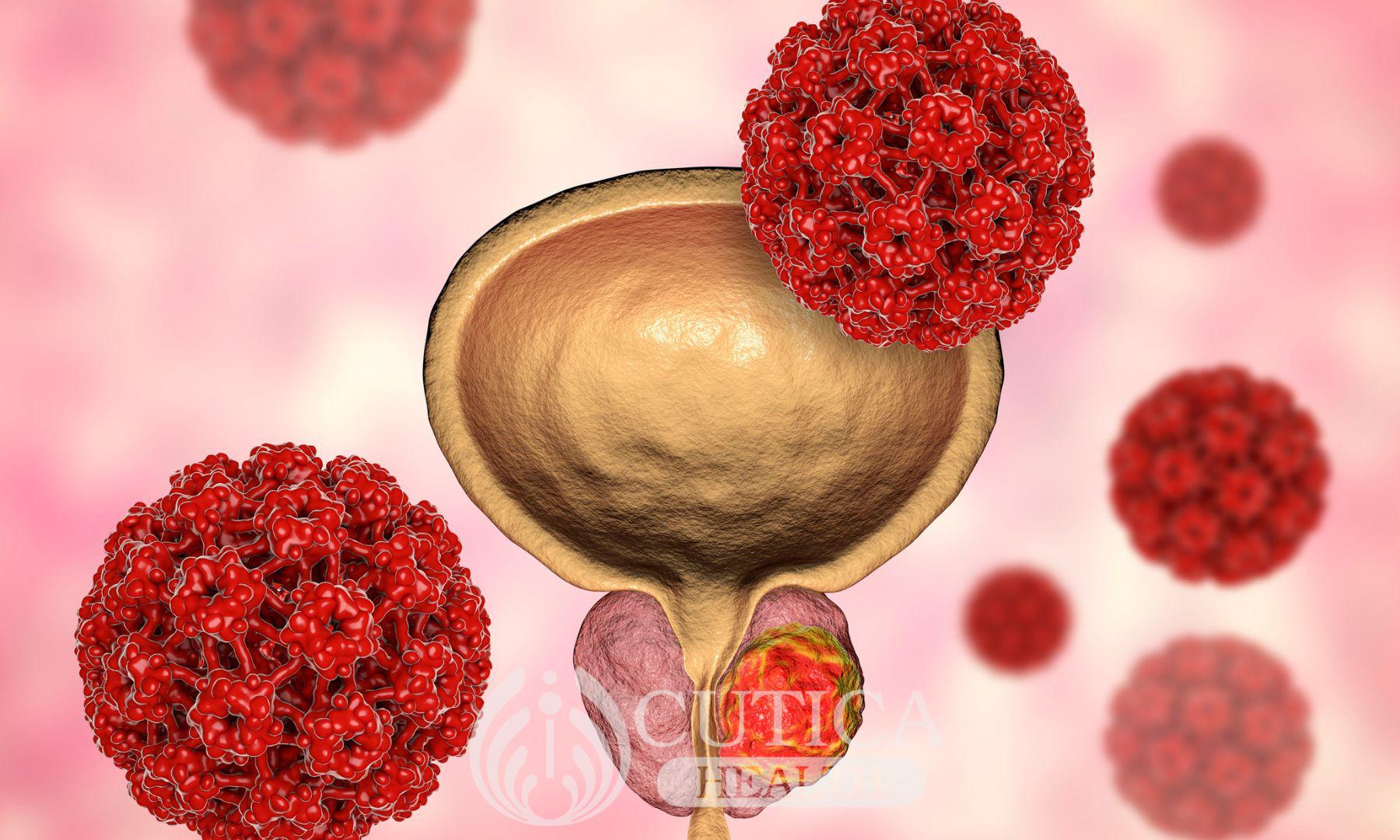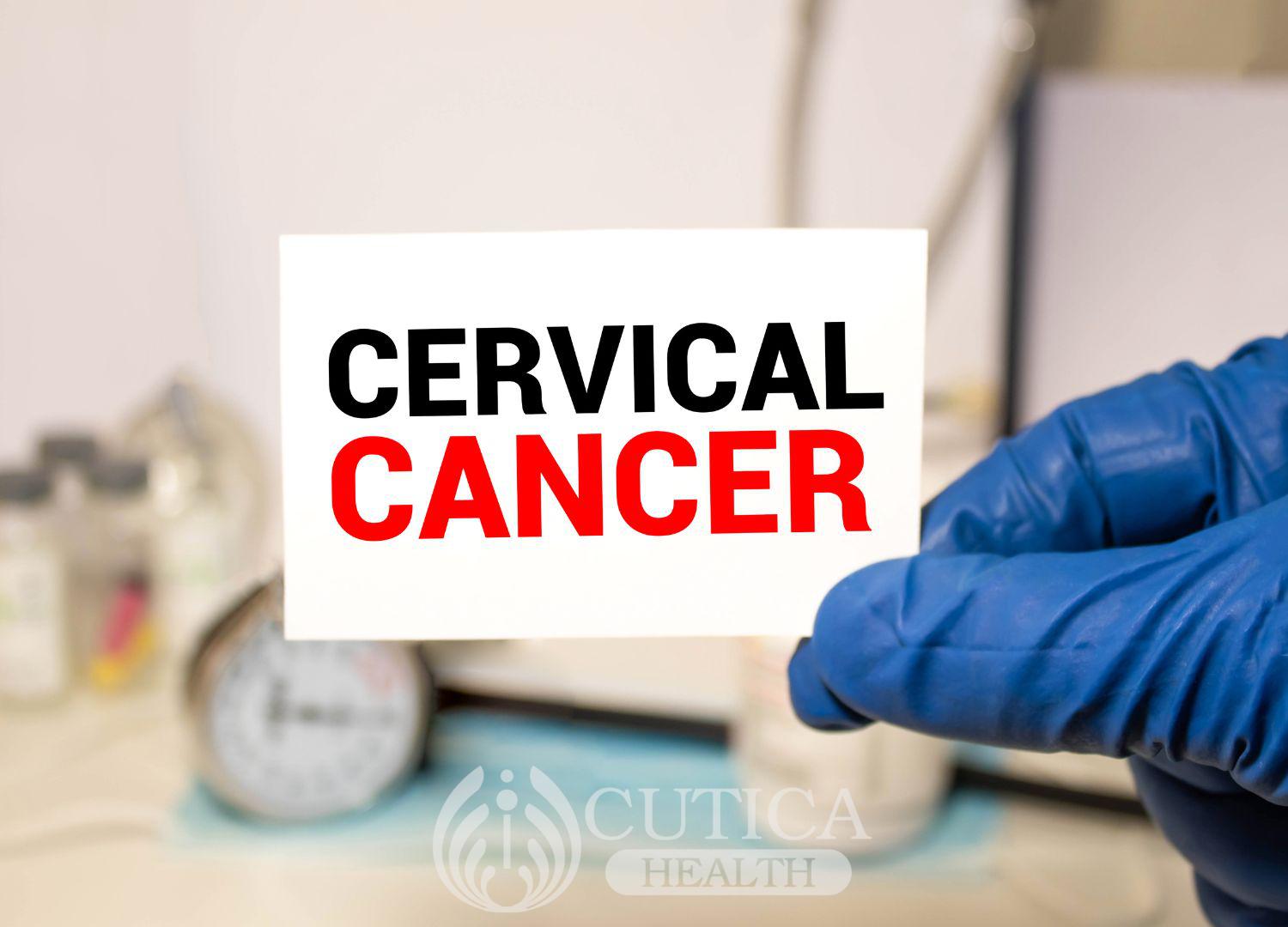
“These days, she feels full after eating very little and complains often about tummy pain”, the woman who brought her mother in for consultation complained.
Her mother, a 70-year-old woman, sitting by her side looked on with little interest. She was later diagnosed with ovarian cancer to the utter disbelief of her daughter.
“It is not possible,” she said in denial .
What is ovarian cancer?
Ovarian cancer is an uncontrolled multiplication of abnormal cells in the ovary, forming a tumour. The tumour has the potential of spreading, invading, and destroying healthy body tissues.

How does it present?
Most women have no symptom in the early stage of the disease; however, when symptoms present, they may include:
- Feeling full quickly when eating
- Feeling bloated in tummy
- Pain in tummy
- Back pain
These symptoms can be caused by other conditions.
What causes ovarian cancer?
Ovarian cancer is more common after menopause, mostly age of 50 and above. The risk increases with age; other risk factors include:
- Genetics: some inherited faulty genes have been linked to ovarian cancer such as BRCA 1 and BRCA 2.
- Having a family member with ovarian cancer
- Family or personal history of breast cancer or bowel cancer
- Smoking
- Overweight
- Nulliparity: This means you’ve never been pregnant before.
- Taking hormone replacement therapy after menopause

Are there factors that lower the risk of ovarian cancer?
Yes, some of these include:
- Using hormonal methods of birth control (pills, patch, vaginal rings, etc)
- Pregnancy
- Breastfeeding
- Smoking cessation
- Hysterectomy or tubal ligation (tying your tubes)
- Preventive surgery: very rarely, a woman may opt to remove her ovaries early enough if there is very high risk of developing ovarian cancer.
Should you be screened for ovarian cancer?
In general, screening for ovarian cancer is not recommended in women who have no symptoms. Screening should be considered in women who have a strong family history of breast or ovarian cancer in more than one relative or have family members with certain rare cancers. If you are in this group, talk to your doctor about the risks, benefits, and timing of ovarian cancer screening for someone like you. Your doctor may recommend genetic counselling.
How is screening done?
First, a complete pelvic examination is done, and then an ultrasound scan to provide images of the pelvis, which contains the ovaries, uterus, and the fallopian tubes. Blood test to detect high levels of a cancer marker called CA-125 is also done.

What are the treatment options?
The type of treatment to be administered depends on:
- The type of ovarian cancer
- The size of the cancer
- Site of the cancer
- Any spread to other sites?
- General health
The mainstay of treatment is chemotherapy and surgery. Other treatment options include radiotherapy, hormonal therapy, and targeted therapy.
You and your doctor will work together to decide the type of treatment best for you.

Will treatment lead to cure?
There is a higher chance of going cancer-free if cancer is caught early. However, there are also other factors in play like the type of cancer, degree of spread to other sites, etc. Sometimes, patients relapse after treatment, this means that the cancer comes back.
In a number of women with advanced cancer, treatment is very difficult and cure may be impossible. Palliative care to alleviate symptoms may be the only option in these situations.












